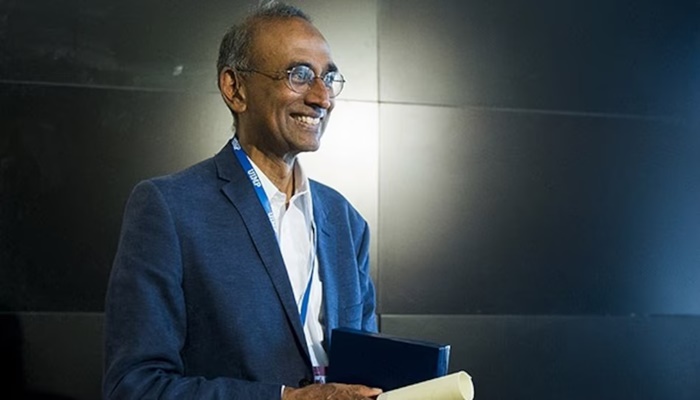In a sharply worded critique, Nobel Laureate Venkataraman Ramakrishnan has questioned India’s readiness to become a global science destination, despite its growing economy and pool of young talent.
“I do not see India as a general magnet for international science,” said Professor Ramakrishnan, a professor at the MRC Laboratory of Molecular Biology in Cambridge, UK. Citing multiple limitations — from insufficient funding to a cumbersome research environment — he stressed that India lacks the draw needed to attract top global talent.
“Neither the funding, the infrastructure, nor the general environment in India is attractive for top-level international scientists to leave the US to work in India,” he told The Hindu. While institutions like IISc, NCBS, TIFR, IISERs and IITs may offer potential, even they are “world class only in some very specific areas,” he pointed out.
Ramakrishnan, who once left a higher-paying job in the US for the UK, highlighted that a move for scientific reasons involves deep personal and professional upheaval — something India does little to compensate for.
Despite an increase in absolute R&D spending, India’s investment as a share of GDP has dropped, hovering around 0.6-0.7% — a fraction of China’s and well below South Korea’s or many developed nations. “It will not be competitive without a substantial increase,” he warned.
He pointed to systemic issues that dissuade returning or relocating scientists: delayed research grants, inconsistent scholarship disbursals, and erratic policy changes. “If India is serious about attracting Indian scientists abroad to return, it needs to provide far better incentives,” he told The Hindu, citing China’s long-term strategy as a model.
Ramakrishnan also criticised the social environment in India as another deterrent. “Today, well-off Indians have essentially seceded from public spaces… the streets are filthy, the sidewalks are not navigable, and the air is unbreathable in most cities,” he said, questioning why a non-Indian scientist would willingly move their family into such conditions.
Yet, amid his critique lies admiration for the resilience of Indian scientists. “I am always amazed by how they manage to do such good work in such difficult conditions, and yet be so cheerful,” he told The Hindu. He called young Indian researchers “so bright and enthusiastic,” but lamented that “they are being let down by the country as a whole.”
India, he noted, enjoys a demographic edge with a youthful population. “However, this is a temporary advantage, and if India squanders it, it may find itself unable to be competitive in the future with other Asian countries and the West.”




















